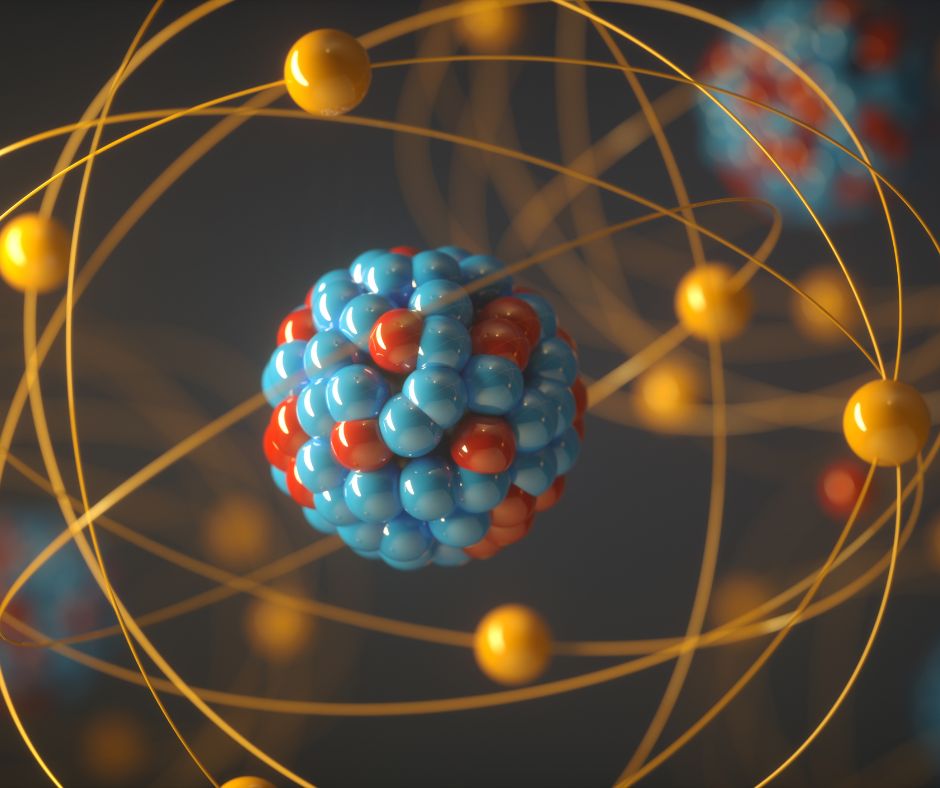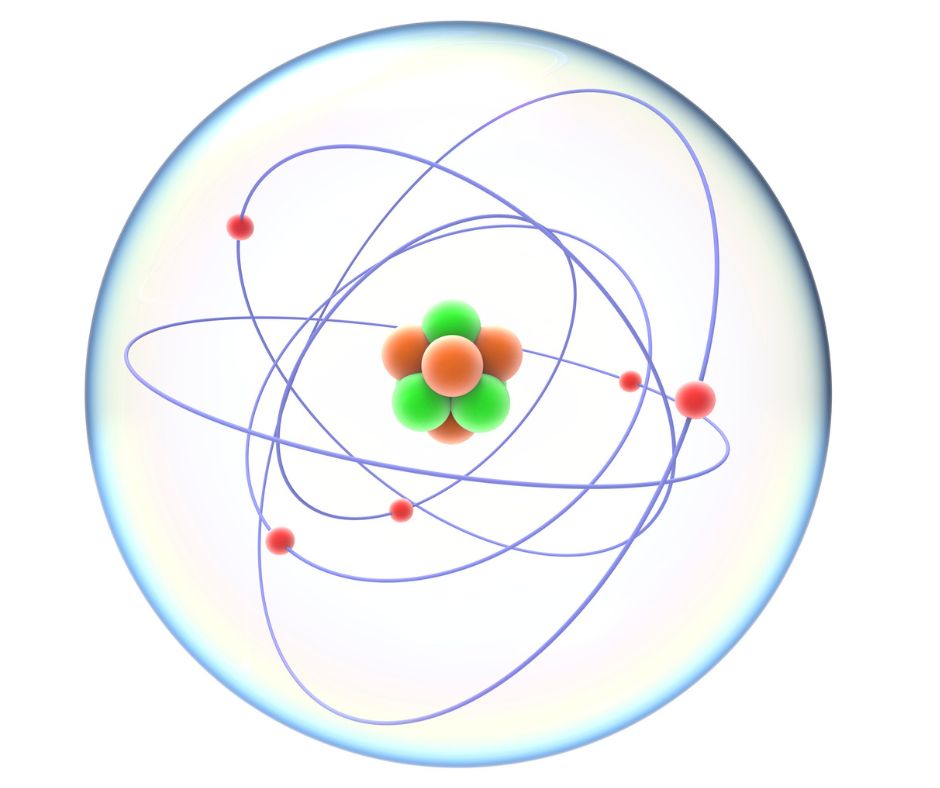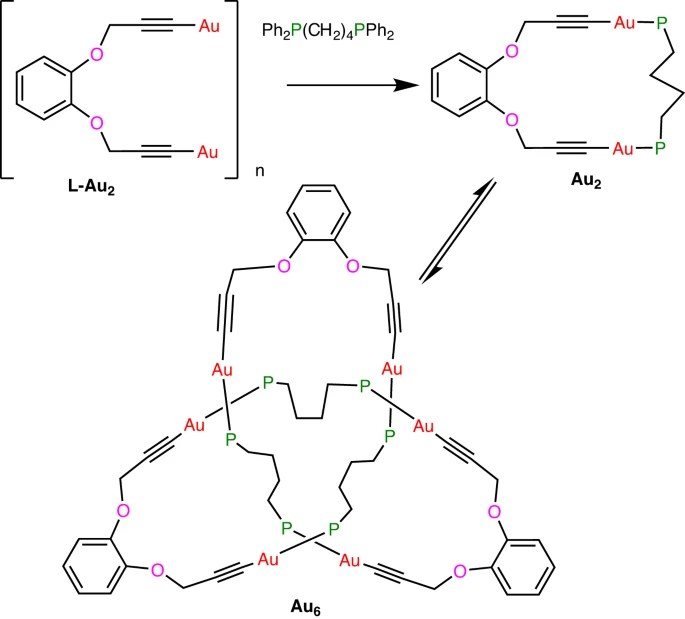There are no items in your cart
Add More
Add More
| Item Details | Price | ||
|---|---|---|---|

"Unveiling the atomic elegance – a knot smaller than thought possible."
Tue Jan 23, 2024
"From molecular knots to material marvels – the future is woven at the nano level."
A Quantum Leap in Nanotechnology: The 54-Atom Marvel
In an astonishing feat of precision and nanotechnological prowess, scientists have set a new benchmark in the Guinness World Records by tying the smallest and tightest knot ever made, comprising a mere 54 atoms. This groundbreaking achievement isn't just a scientific curiosity; it's a window into the future of material science and molecular engineering.
Imagine a structure so small, it's about ten thousand times thinner than a human hair, yet it holds the key to unparalleled strength and flexibility. This 'trefoil' knot, resembling a three-leaf clover, is the simplest yet most intricate form of nontrivial knots and a cornerstone of mathematical knot theory. The creation of this knot, a joint effort by researchers at the University of Western Ontario in Canada and the Chinese Academy of Sciences, marks a significant stride in the world of molecular knotting.

The path to this discovery was not straightforward. The researchers were initially working on metal acetylides, a type of hydrocarbon, when they stumbled upon this complex molecular structure. This serendipitous event led to the creation of a trefoil knot instead of the intended gold chain or catenane. It's a classic example of how unexpected twists in scientific research can lead to monumental discoveries.
The secret to the knot's remarkable strength lies in its Backbone Crossing Ratio (BCR). At a BCR of 18, this knot surpasses its predecessors in complexity and robustness, inching closer to the theoretical limit of the most stable trefoil structure. It’s a testament to the saying, "there's strength in complexity".

This isn't just about breaking records; it's about breaking barriers in material science. The understanding and application of such molecular knots can lead to the development of stronger, more versatile materials. Think of plastics and polymers with unprecedented properties, reshaping industries from healthcare to aerospace.
The concept of nano-weaving, inspired by this discovery, opens up a world of possibilities. We're talking about fabrics at a molecular level with unique, customizable properties – a true blend of science and artistry. This could revolutionize the way we approach everything from protective gear to electronic devices.

The creation of the world's smallest knot is more than a scientific achievement; it's a symbol of human ingenuity and the endless possibilities of the microscopic world. As we continue to explore this realm, who knows what other wonders we'll uncover? One thing is for sure – in the world of nanotechnology, we're just getting started.

SAMEER KUMAR
I graduated from IIT Kharagpur and have been teaching Physics and Maths to Engineering (IIT-JEE) and Medical (NEET) entrance examination aspirants for the last six year.